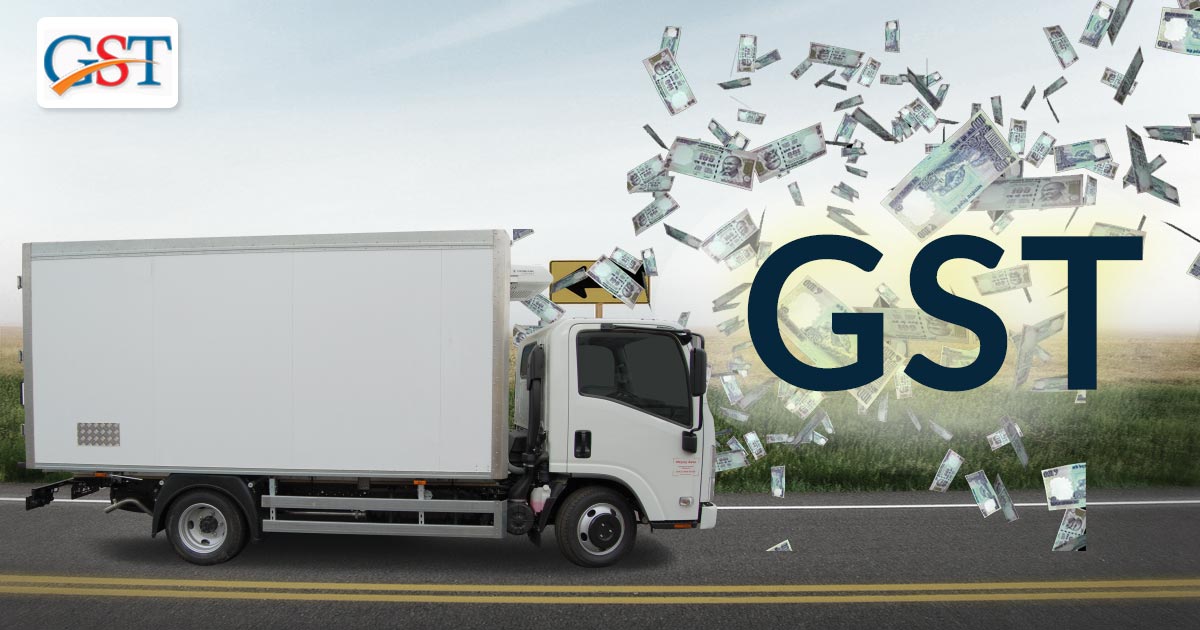After two and half months implementation of Goods and Services Tax (GST), the cost of truckers has risen due to increase in the prices of diesel in some busy routes. The transport industry is troubling with the new indirect tax regime, as it creating confusion and worrisome among Small and Medium Enterprises (SMEs), which is resulting in losing a large number of jobs.
Vineet Agarwal, Managing Director of Transport Corporation of India (TCI), says: “Traders and SMEs (small and medium enterprises) are yet not fully conversant with the GST, and demand is low.” Transport Corporation of India (TCI) is one of the India’s largest logistics companies and at any stage, nearly 10,000-15,000 trucks are running on the roads.
The travelling time of truckers have not fallen even after the elimination of Octroi duty at check posts, the industry still troubling at regional transport offices and toll tax plazas.
Recommended: GST Helping Transport Sector to Save 30 Thousand Crores Annually
Navin Gupta, Secretary General of All India Motor Transport Congress, says: “The overall transport demand is down 30 to 40 percent. The turnaround time of trucks has not improved to any significant level. With a sharp rise in diesel prices, operating cost of truckers has also increased, but those with contractual arrangements are struggling to pass on (increased costs).”
The prices of diesel have enhanced nearly by 10 percent since from June end to till date. The transport industry was trying to recover since demonetization but due to the implementation of the new indirect tax regime, the problems have raised.
Ashok Shah, chairman of V Trans India Ltd says, “In the long run, the GST will mean good business for the transport sector, but in the initial phase it poses many challenges. When the kharif harvest season approaches, demand will rise and, by that time, industrial activity will also have normalized.” V Trans is a logistic company in India, established in 1958 and now with an annual turnover of Rs800 crores and with 650 branches. Shah further added that “Transporters are not able to lift goods from unregistered traders. That would require transporters to pay the GST on behalf of traders under the reverse credit mechanism. Nor they can claim credit for the GST payable on sale of old trucks or tyres,” said Shah.
The government told to transporters that they can opt Forward Credit Mechanism (FCM) provision under GST, where they have to pay 12 percent GST but entitled to claim entire input credit. “This is attractive but tax liability should be made when money is recovered. Today government wants transporters to pay it upfront is not a viable for the industry where payments are usually delayed,” said Navin Gupta.
FCM might be opted by the organized players in the industry, it allows them to claim full input credit of 28 percent GST paid by them on trucks. Shah says, “The forward credit mechanism proposal has raised fears of small operators being squeezed out.” Thousands of people who are getting the job in the transport industry directly or indirectly will be in danger.









